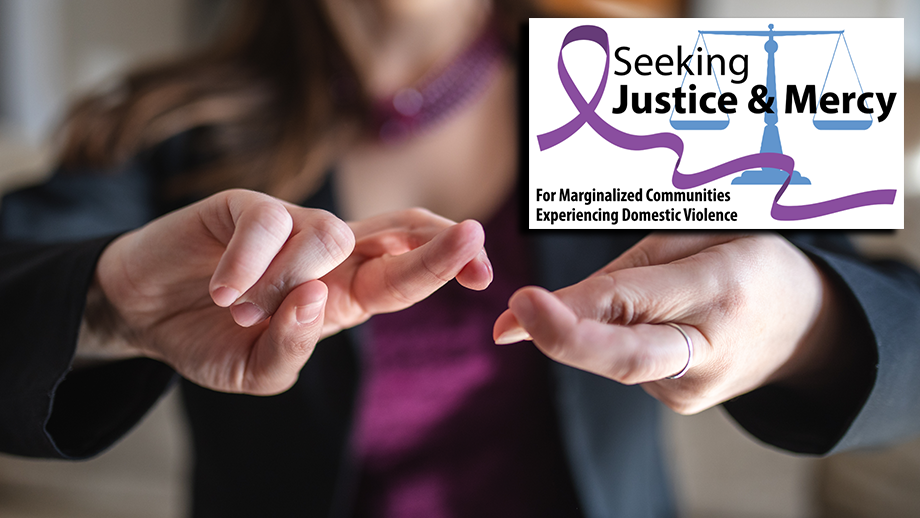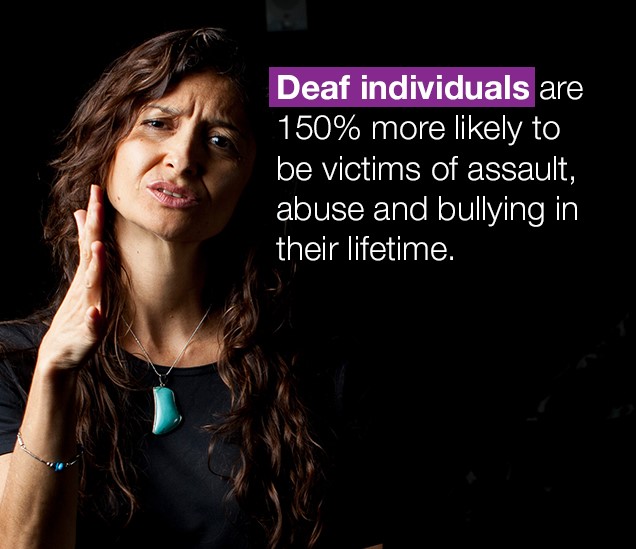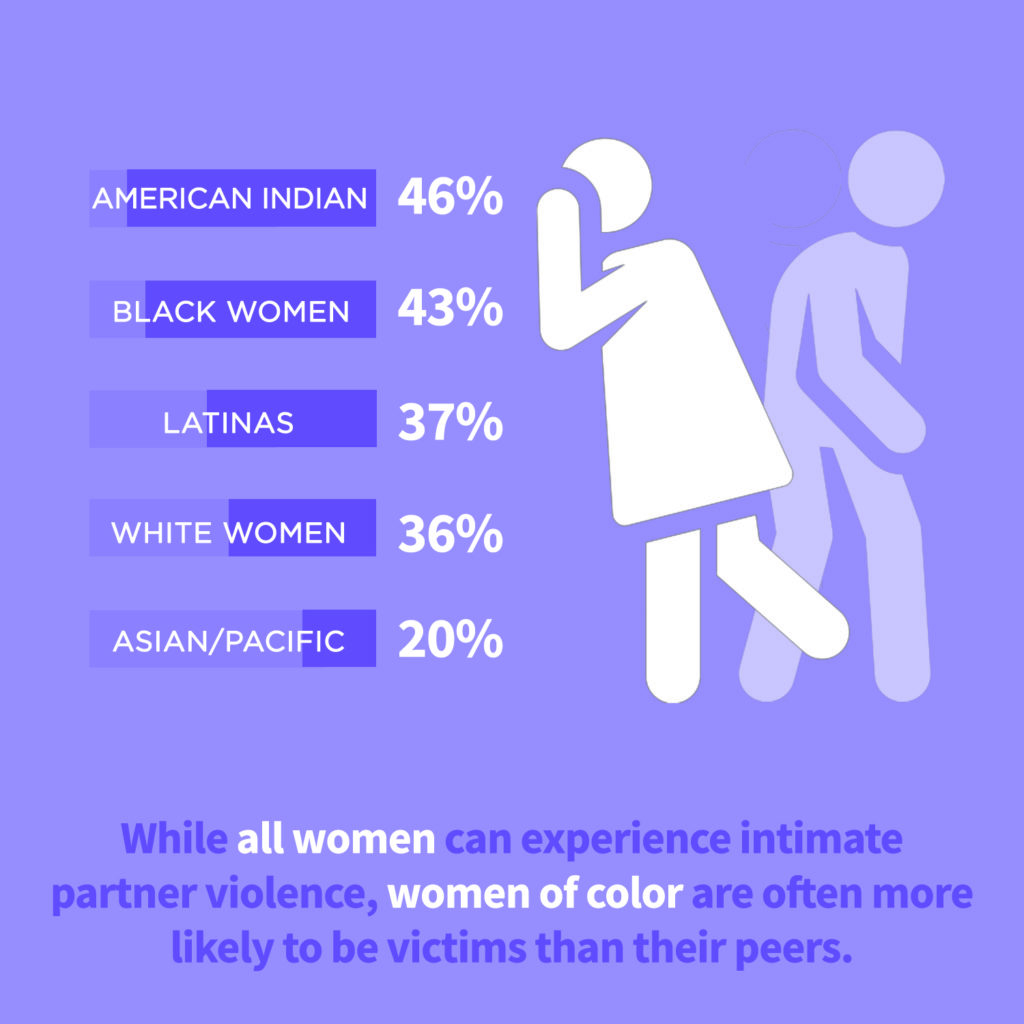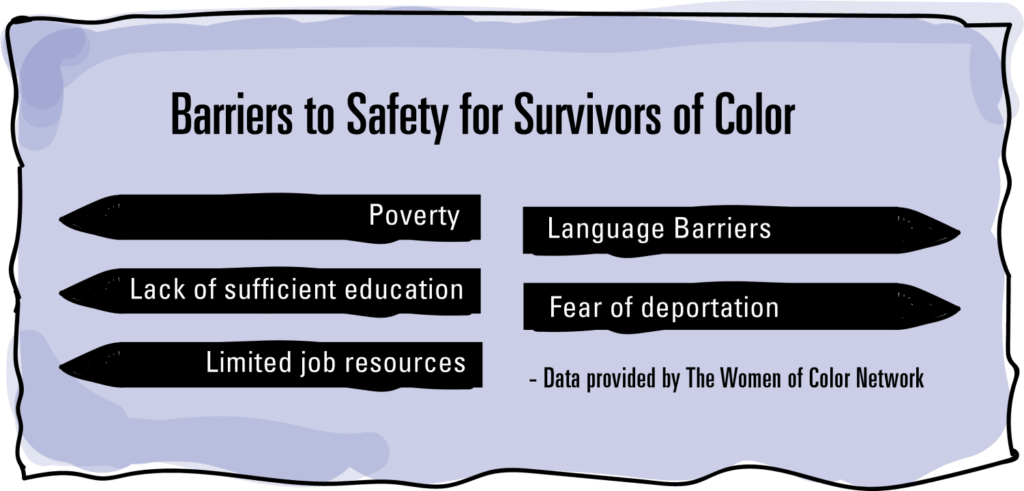
Presenters at the Eastern PA Conference Domestic Violence webinar, Oct. 15-16, will share first-hand knowledge and experience about how this national problem affects marginalized and underserved communities, especially in the current climate of deadly violence overtaking so many communities. The free webinar and meeting on Zoom will happen on Friday evening, 7-9 PM, and Saturday morning, 9 AM to 12:30 PM. Learn more and register here.
Also, read “Help for domestic violence victims in marginalized communities.”

Panelists and workshop leaders, including survivors and service-providers, will explore how domestic violence is experienced and addressed by people who face injustice, neglect and other disadvantages because of their race, ethnicity, disability, nationality and other circumstances that relegate them to the margins of society.
“Seeking Justice and Mercy for Marginalized Communities Experiencing Domestic Violence” is the theme and the broad focus of this fourth annual seminar sponsored by the Conference Domestic Violence (DV) Committee.
Carol Stevens, ASL Interpreter, will address Deaf Ministry for Victims of Domestic Violence in a two-part workshop on Saturday, along with Karen Miller and Theresa Yorgey. View her description of the challenges faced by Deaf victims and survivors in this video.
“For Deaf people the biggest problem is the lack of communication,” Stevens says. “That means that you can’t go to a shelter or a domestic violence program or anyplace and be understood without an interpreter. So that’s one big barrier. The other thing is just a lack of information for Deaf people or any people whose language is not English.
If we don’t have communication, trying to get services is really difficult. And there’s only one residential program for Deaf women in the country, in Washington State. So there’s a lot of isolation that happens.”
There’s also often misunderstanding when police are called and can’t communicate with a Deaf person, she explains. They may talk and listen only to the non-Deaf abuser, and the Deaf partner may end up arrested themselves. “This often happens; this is typical. Deaf people almost never contact the police because they know that chances are, they’ll end up in jail.”

Stevens says Deaf people need help to know about services that can help them bridge the gaps between them and hearing populations. “The biggest thing we think that’s helpful is if the church can get involved.” That requires recognizing and learning more about the problem, and being involved to help persons who are abused and need services with interpreters.
Chalynn Harris and her mother, the Rev. Myra Maxwell will co-lead a workshop on Saturday, at 10 AM, titled “The Family Impact of Domestic Violence, Particularly in the African American Community.” But their real theme is “What goes on in my house stays at my house.” See them discuss this theme in this video.
“We want to discuss how private African American culture is, no matter what classification you are, what your gender is,” says Harris.” Our stigma about reporting to the police and (getting) the police involved, and how, as a community, we’ve learned that what goes on in that community stays in that community. And that violence is triggered by a lot of different stressors. It could be your economic status. It could be health, and this includes mental health, drugs and alcohol.”
She will discuss how DV affects women and men both as victims and perpetrators, and how it affects children and youth. “So we’re going to be talking about the different roles they play and how that affects things that cause violence; we’re going to talk about how we normalize violence because of things that were done to us.”
Maxwell, is the pastor of Trinity UMC in Philadelphia and also directs the District Attorney Office’s CARES program (Crisis Assistance, Response and Engagement for Survivors) that helps the distressed families of homicide victims. She and her daughter are both survivors of domestic violence, which helps them in their work helping other survivors.
They plan to discuss the role of the Black church, where, they say, domestic violence is being discussed more than it once was but still not often enough, not even from the pulpit. “We’ve noticed that black churches are starting to talk more about it,” says Maxwell, who discovered while working in an interfaith effort some years ago that “various religions handle domestic violence and victimization very differently.”

“We often say it doesn’t happen in my church. But the reason it doesn’t happen in your church is because no one tells you that it happens in your church. So we want to touch on the practice of what goes on in my house stays in my house.”
Other presenters will focus on the experiences, responses and needs of immigrant and refugee victims and survivors of domestic violence, along with Latino/Latinx, Native American and LGBTQAI+ groups. The aforementioned workshop on Male Victims of DV has been cancelled. But information will be shared about male victims, who are becoming less reticent but still lack attention despite their growing numbers.
